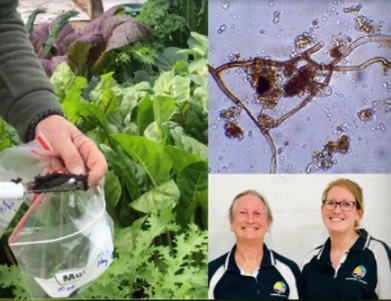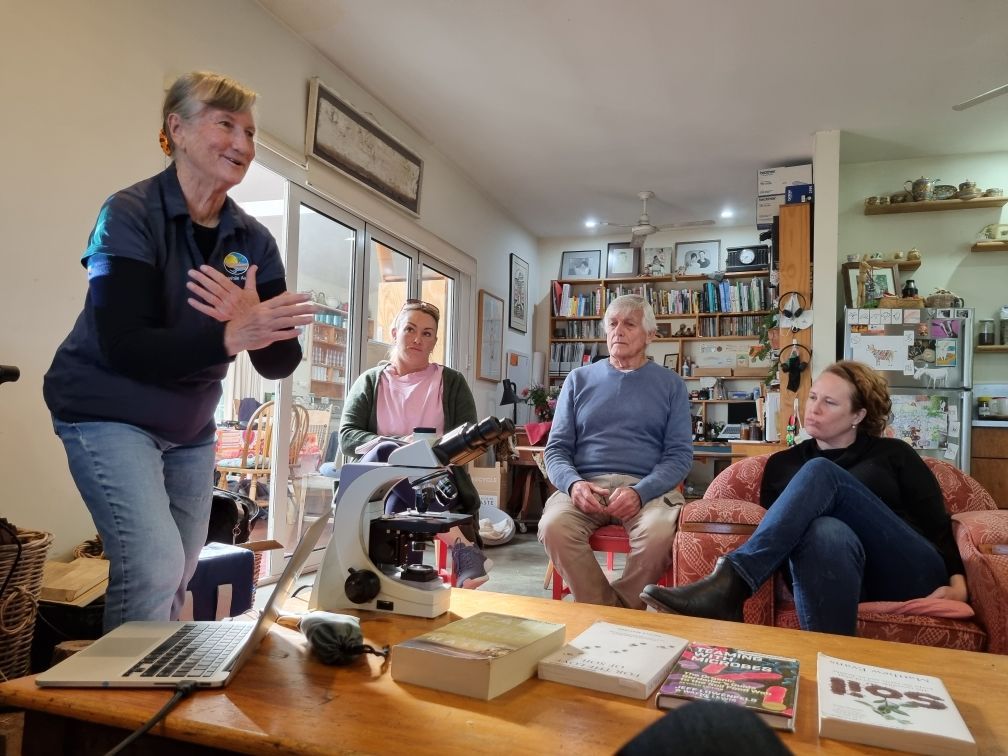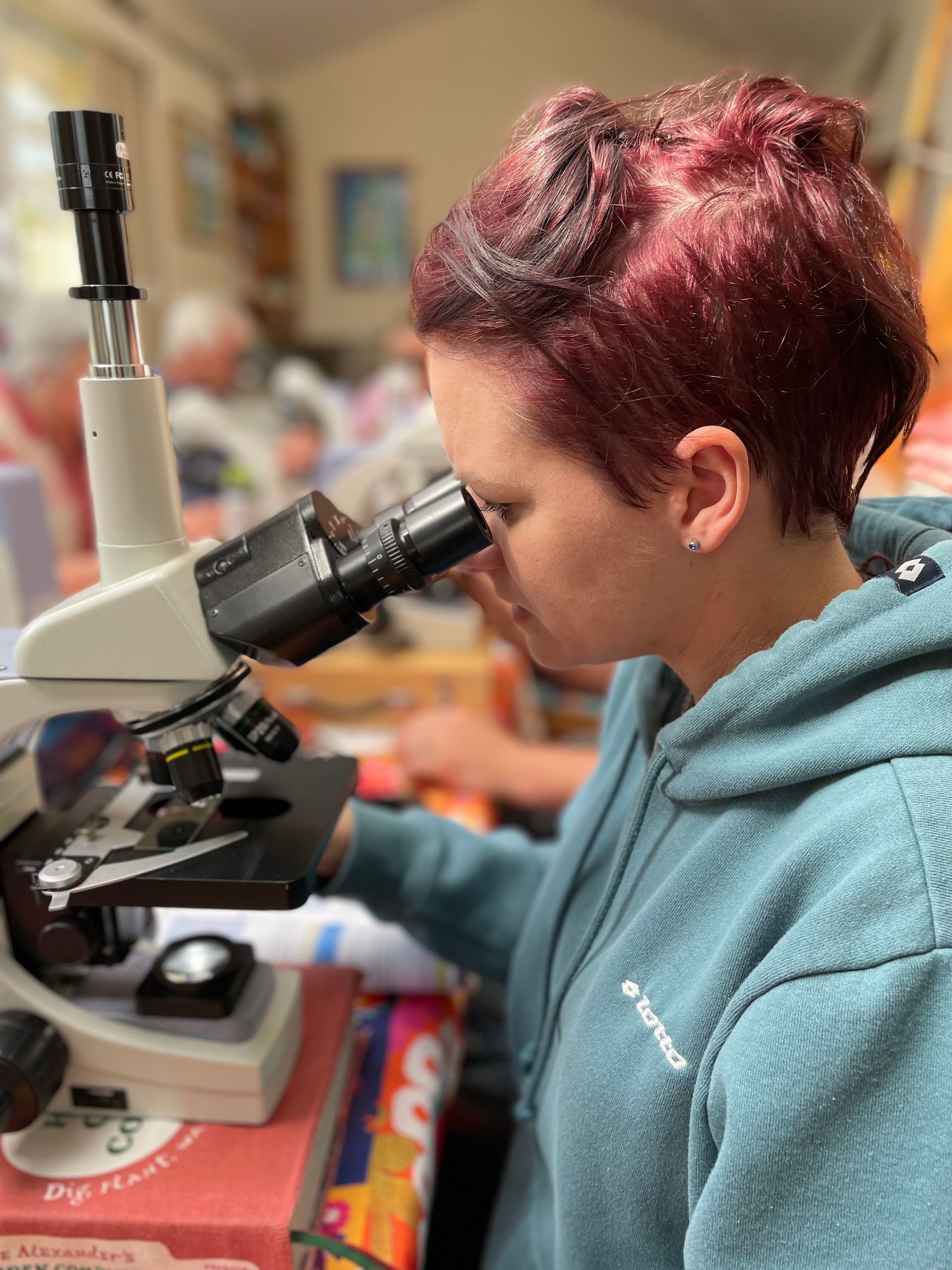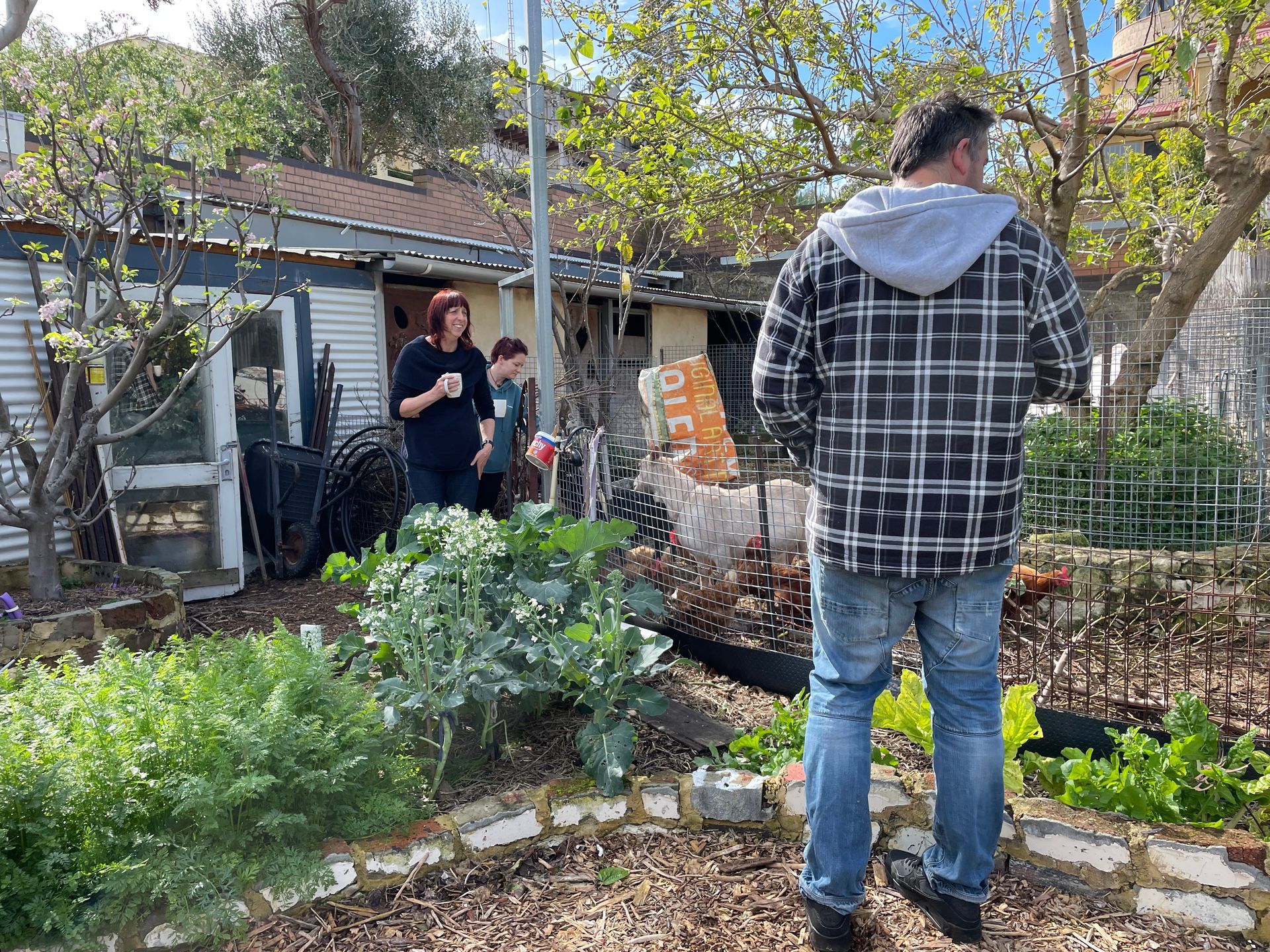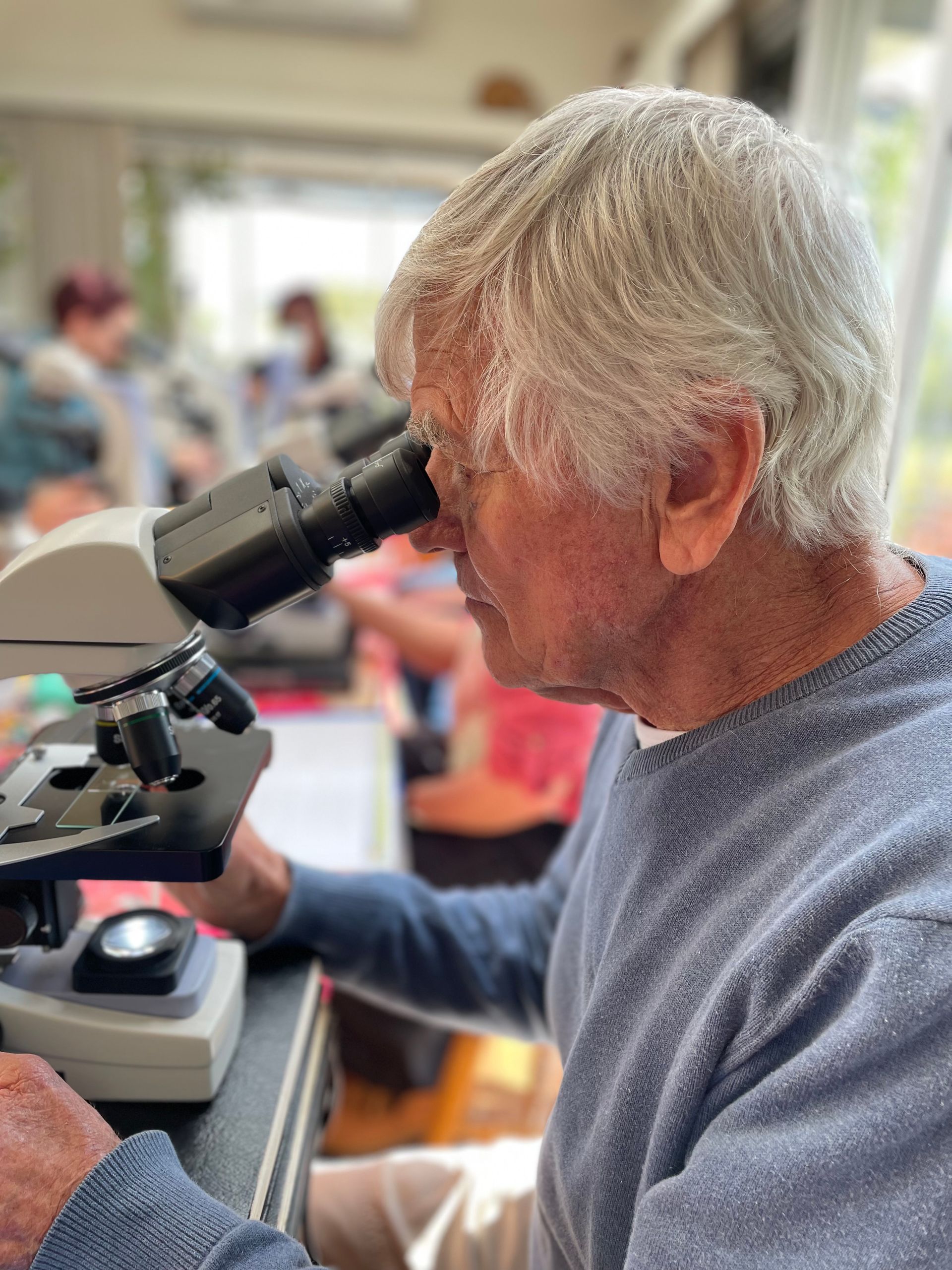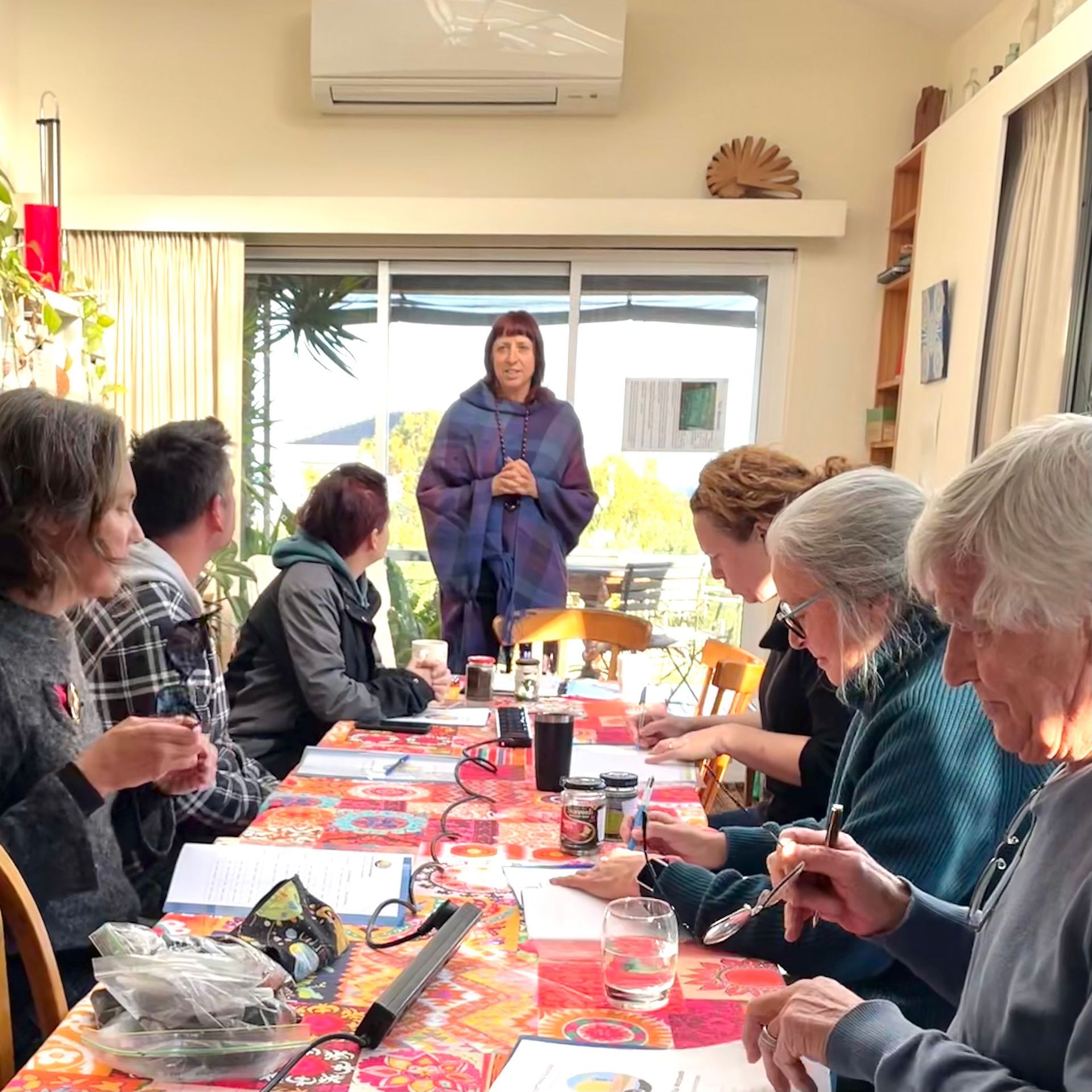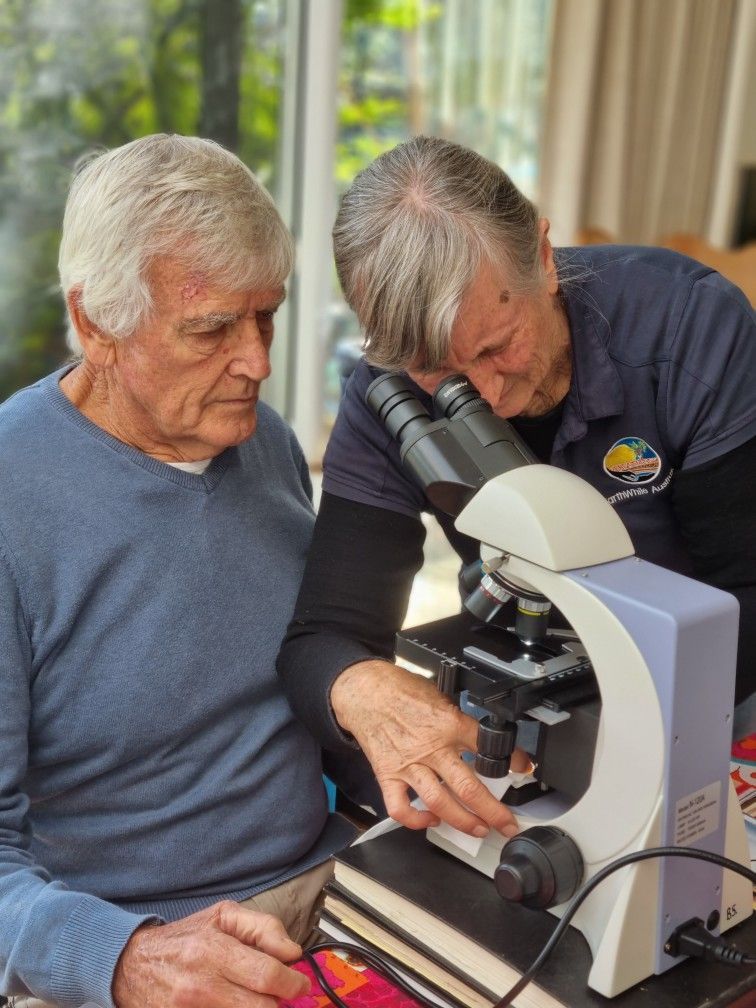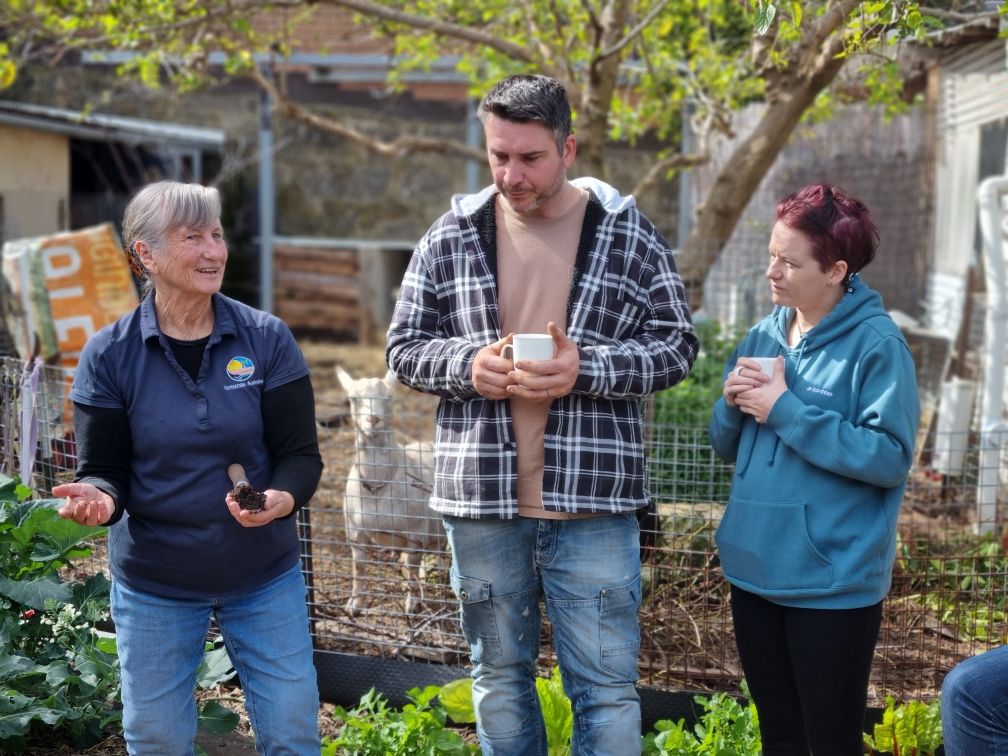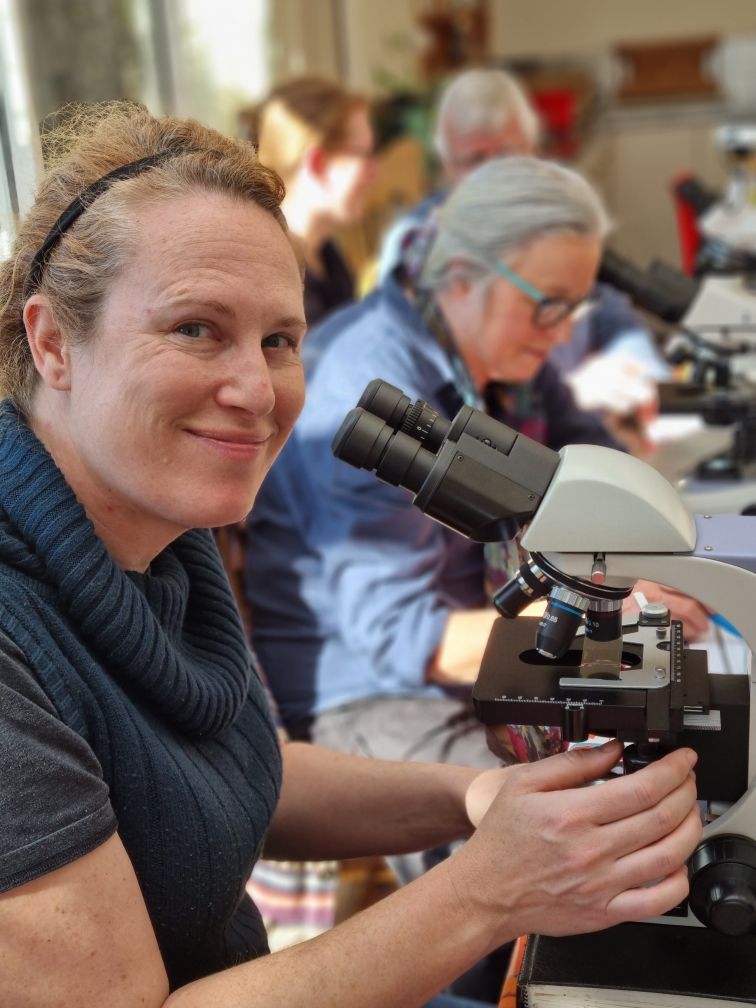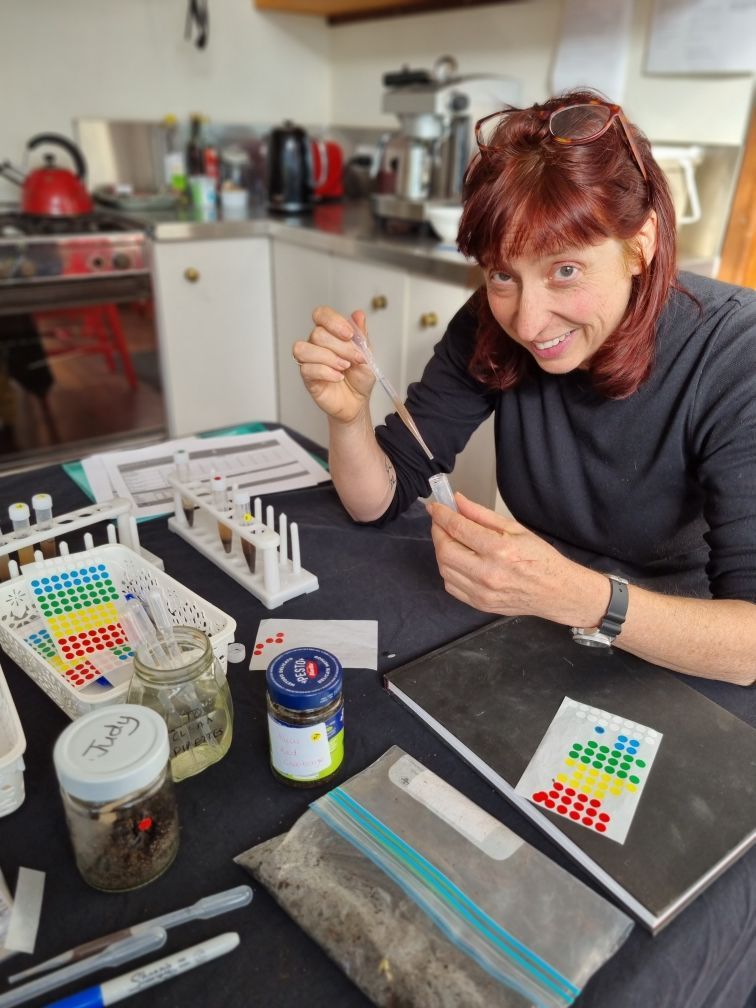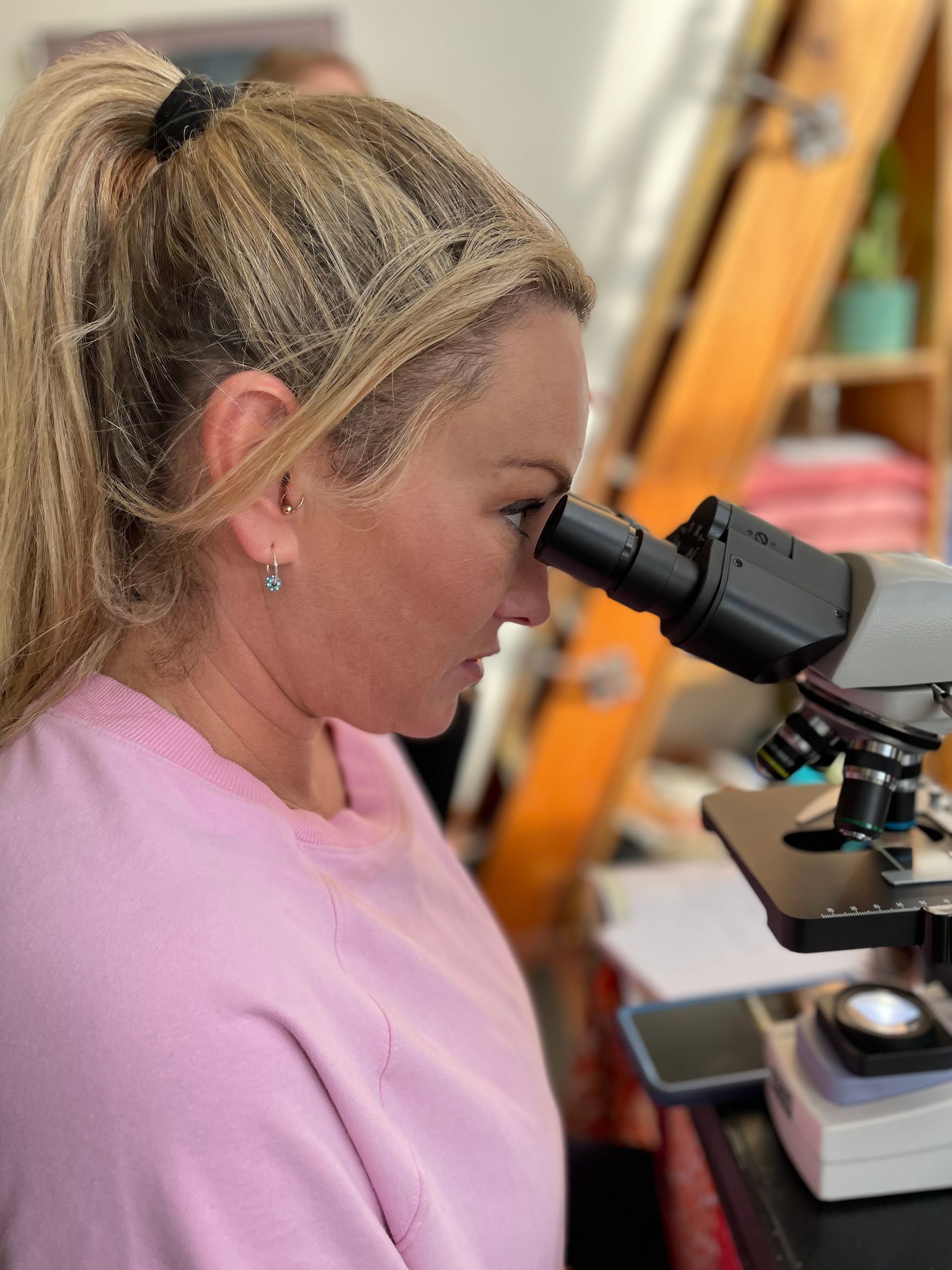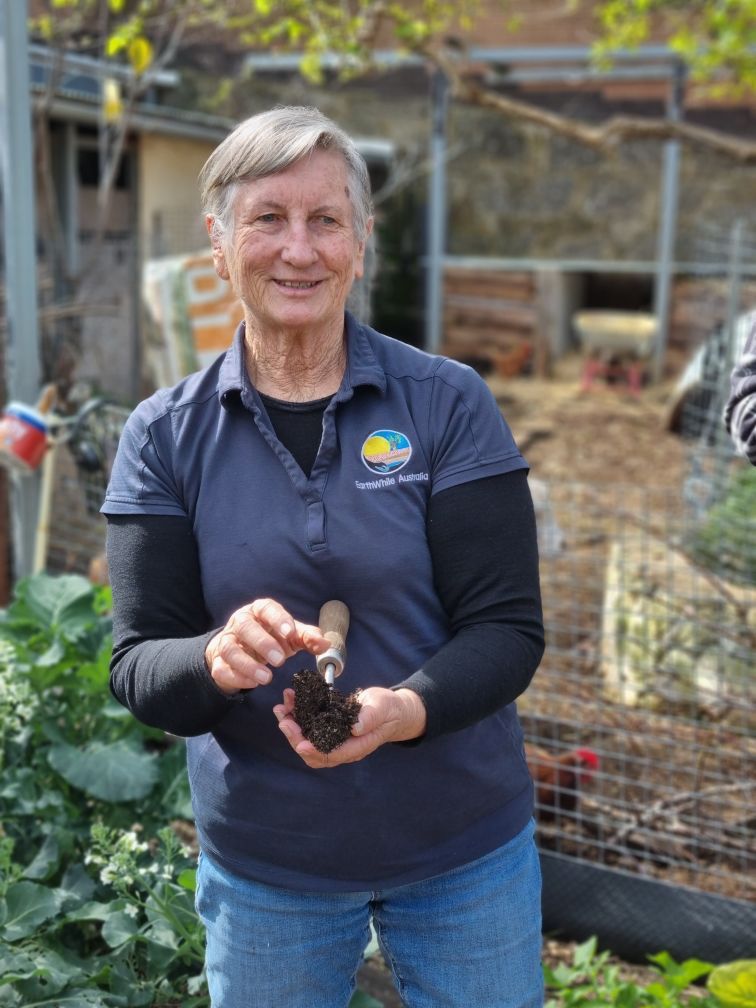Soil Health Workshops
Our soil health and soil biology related workshops offer a unique opportunity to learn about soil microscopy and how to maintain healthy soil.
Our workshops cater to individuals, groups, and private clients and are available as one-on-one or group sessions, making them ideal for anyone looking to gain a deeper understanding of soil health, nutrient management and regenerative agriculture.
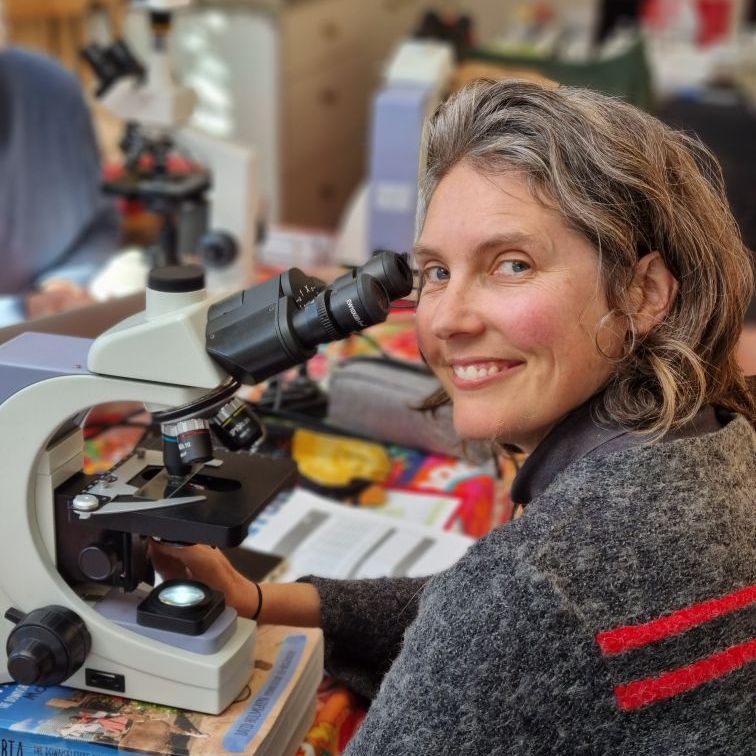
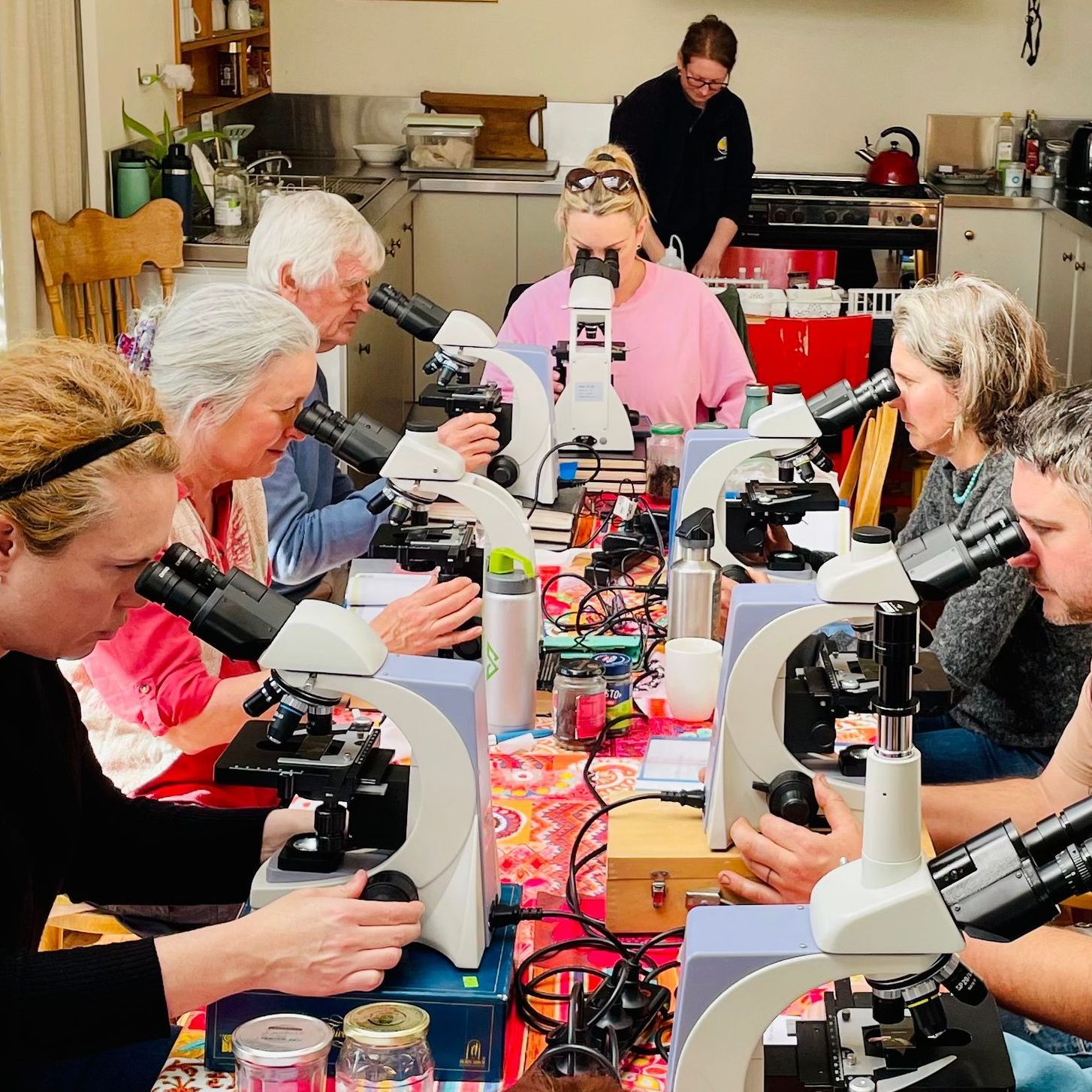
Upcoming Workshops
CUSTOM WORKSHOPS
Workshop Topics
Here are a few of the soil health and soil biology workshops that we run throughout the year.
If you'd like to arrange one of these workshops or discuss a custom format for your community or group, please contact us.
We can tailor our workshops to the needs of your group on the topics of biological soil health and microscopy.
"Having Ellen look at your soil, compost and worm casting samples will confirm the health of your soil by the numbers and variety of microbes. Now to make some more compost tea to breed some more microbes."
Robyn, Waste is My Resource Workshop
"Thanks for giving me the opportunity to learn more about our soil microbes, it was an incredibly amazing two days."
Kara
I recently participated in the 2 day Soil Microbiology and Microscopy. It was an eye opening course for novices, students, gardeners, farmers or simply curious minded people… I'd highly recommended.
Paul

